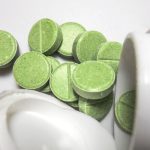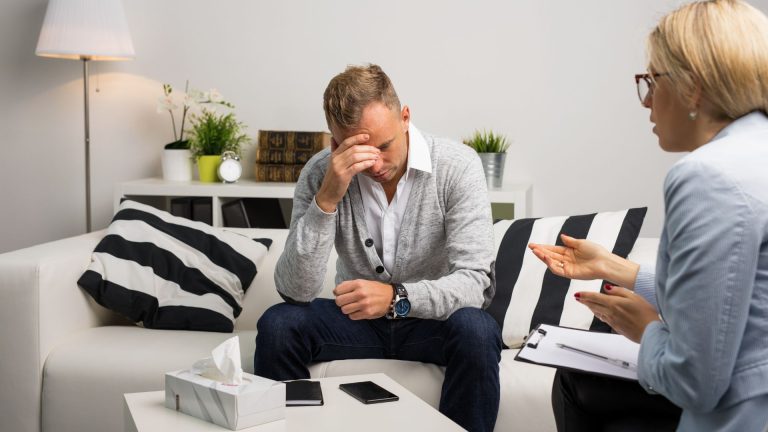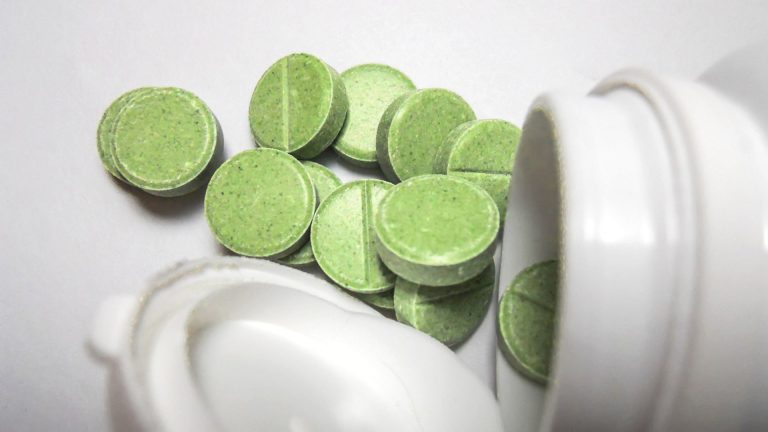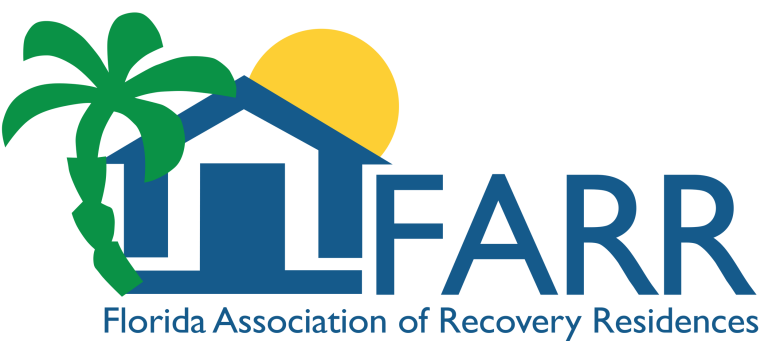Klonopin, the brand name for clonazepam, is a prescription drug commonly used to treat anxiety disorders, panic disorders, and certain types of seizure disorders. Like other benzodiazepines, Klonopin affects the central nervous system by slowing down brain activity, producing a calming effect. It’s often prescribed for short-term treatment, but misuse or long-term use can quickly spiral into physical dependence, Klonopin addiction, and other health risks.
For individuals struggling with substance abuse, or their concerned loved ones, one pressing question often arises: How long does Klonopin stay in your system? Understanding this is critical, whether you’re preparing for a drug test, navigating withdrawal, or planning treatment options with a healthcare professional.
Understanding Klonopin’s Long Elimination Half-Life
Klonopin is notorious for its long elimination half-life. The half-life of Klonopin refers to the time it takes for 50% of the drug to leave your body. On average, clonazepam has a half-life of 30 to 40 hours, though this can vary depending on several factors such as age, weight, metabolism, and liver function.
Because of its long half-life, Klonopin can remain in the body for six to nine days after the last dose. However, traces of the drug can be detectable even longer, depending on the type of drug test administered.
Drug Testing: How Long Does Klonopin Stay in Your System?
When someone refers to “how long does Klonopin stay in your system,” they often mean how long can drug tests detect the drug. The answer depends on the testing method used.
Urine Tests
Urine testing is the most common method for detecting benzodiazepines in both clinical and legal settings. Klonopin can typically be detected in urine for up to 14 days after the last dose, especially in those who take Klonopin regularly or at higher doses. Urine testing offers a moderate detection window, making it the go-to for many medical professionals.
Blood Tests
Blood tests have a shorter detection window, typically identifying Klonopin for one to three days after use. Because blood tests are more invasive and offer a shorter timeline, they are used less frequently in routine screenings.
Saliva Tests
Saliva tests are less commonly used for benzodiazepines. Klonopin can usually be detected in saliva for up to five days, but the reliability varies and can be affected by oral health and fluid intake.
Hair Tests
Hair testing offers the longest detection window. Klonopin may remain detectable in hair for up to 90 days, though this method is more expensive and less frequently used.
100% Confidential Support is Available 24/7
No matter what you’re going through, you’re not alone. Our dedicated team is here to provide a safe, judgment-free space where you can talk openly and honestly. Whether you need emotional support, resources, or just someone to listen.
We’re here for you—completely confidential and always respectful of your privacy. Call us today!
Factors That Influence How Long Klonopin Stays in the Body
The phrase “influence how long Klonopin stays in your system” encompasses a range of individual and biological factors:
- Dosage: Higher doses result in longer detection times.
- Frequency of use: Those who use Klonopin regularly will store more of the drug in their system.
- Metabolism: Individuals with a slower metabolism process drugs more slowly.
- Age and weight: Older age and higher body fat content may extend how long Klonopin stays detectable.
- Other drugs: Concurrent use of other drugs can slow metabolism and increase Klonopin’s stay.
- Liver function: Since clonazepam is metabolized in the liver, any impairment can prolong its presence in the body.
Contact Solutions Healthcare
Battling with Drug and Alcohol Addition? Remember, you are not alone and we are here to help you!
Klonopin Use vs. Klonopin Abuse
Klonopin can be safe and effective when prescribed and monitored by a licensed medical professional, but misuse — taking more than prescribed, using without a doctor’s note, or combining it with other benzodiazepines or opioids — can lead to klonopin abuse and serious health consequences.
Taking too much Klonopin can result in:
- Excessive sedation
- Confusion
- Slurred speech
- Loss of coordination
- Respiratory depression
Repeated misuse may result in physical dependence, making it difficult to stop using without experiencing withdrawal symptoms such as:
- Anxiety
- Irritability
- Tremors
- Insomnia
- Seizures (in severe cases)
Klonopin Detection Times: Why It Matters
For individuals dealing with Klonopin addiction, knowing the Klonopin detection times is more than just a testing concern. It’s about safety and informed recovery.
Understanding the addictive potential of Klonopin and how long it remains in the system can help you plan for withdrawal. A healthcare professional needs to understand how long Klonopin remains in one’s system to taper safely.
This information can also help with treatment readiness: If someone is entering a rehab or medical care facility, clinicians will test for the presence of benzodiazepines. Finally, it may help with legal or employment testing: If you or a loved one is involved in legal or workplace matters, drug test results can carry serious consequences.
Work with a medical professional to learn about the effects of Klonopin withdrawal, to get a substance abuse evaluation, or to make a plan to manage your symptoms.
Getting Treatment for Klonopin Abuse
If you or someone you love is struggling with Klonopin use, it’s crucial to seek professional medical advice. Attempting to quit cold turkey can be dangerous due to the risk of seizures and other severe withdrawal symptoms.
Short-term treatment might include supervised medical detox in a clinical setting. Longer-term and inpatient treatment options can involve:
- Cognitive Behavioral Therapy (CBT)
- Group or individual counseling
- Support groups
- Medication-assisted treatment
According to the National Library of Medicine, benzodiazepines like Klonopin are involved in nearly 17% of all overdose deaths in the United States, often in combination with opioids or alcohol. The stakes are high, but so is the potential for recovery with the right support.
100% Confidential Support is Available 24/7
No matter what you’re going through, you’re not alone. Our dedicated team is here to provide a safe, judgment-free space where you can talk openly and honestly. Whether you need emotional support, resources, or just someone to listen.
We’re here for you—completely confidential and always respectful of your privacy. Call us today!
Final Thoughts
Klonopin’s long elimination half-life means it can remain in your system long after the last pill. While this characteristic makes it effective for managing panic attacks and seizure disorders, it also increases the risk of dependence, abuse, and prolonged withdrawal symptoms.
If you’re wondering how long Klonopin stays in your system for personal reasons, it may also be time to ask: What’s the next step toward healing? Whether you’re facing drug use, concerned about detection windows, or exploring treatment options, your best move is to speak with a licensed medical professional who can guide your next steps with care and clinical precision.
Recovery is not only possible — it’s within reach. If you or a loved one struggles with substance abuse or addiction, you are not alone. Find compassionate care and effective treatment at Solutions Healthcare. Contact our team to explore your treatment options or schedule an intake appointment.
FAQ: Klonopin Detection and Addiction Concerns
1. Can Klonopin cause false positives on a drug test?
Yes, while drug tests are designed to specifically detect benzodiazepines, false positives can occur, especially with certain antidepressants, NSAIDs, or over-the-counter sleep aids. If you’re taking Klonopin with a prescription, a doctor’s note can help clarify any test results.
2. How can I speed up the elimination of Klonopin from my system?
There’s no guaranteed way to speed up how your body processes Klonopin. Staying hydrated, maintaining a healthy diet, and regular exercise may support your metabolism, but attempting to “flush” the drug is ineffective and potentially harmful. Always speak with a medical professional before making changes.
3. What happens if Klonopin is mixed with alcohol or opioids?
Combining Klonopin with alcohol or opioids significantly increases the risk of respiratory depression, overdose, and death. These substances all depress the central nervous system, and when taken together, the effects can be life-threatening even at lower doses.
4. Is it safe to stop taking Klonopin abruptly?
No. Abruptly stopping Klonopin — especially after long-term or high-dose use — can trigger severe withdrawal symptoms, including seizures. Tapering under medical supervision is essential for safety and to minimize discomfort during the withdrawal process.
5. Can Klonopin use affect mental clarity or memory over time?
Yes, long-term use of benzodiazepines like Klonopin has been linked to cognitive impairment, including issues with memory, attention, and concentration. These effects may improve after stopping use, but some individuals experience lingering symptoms, especially after extended misuse.





























